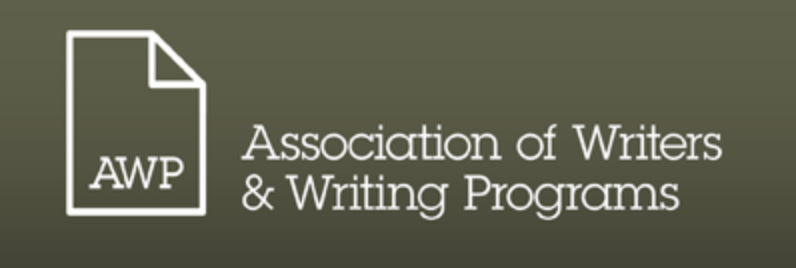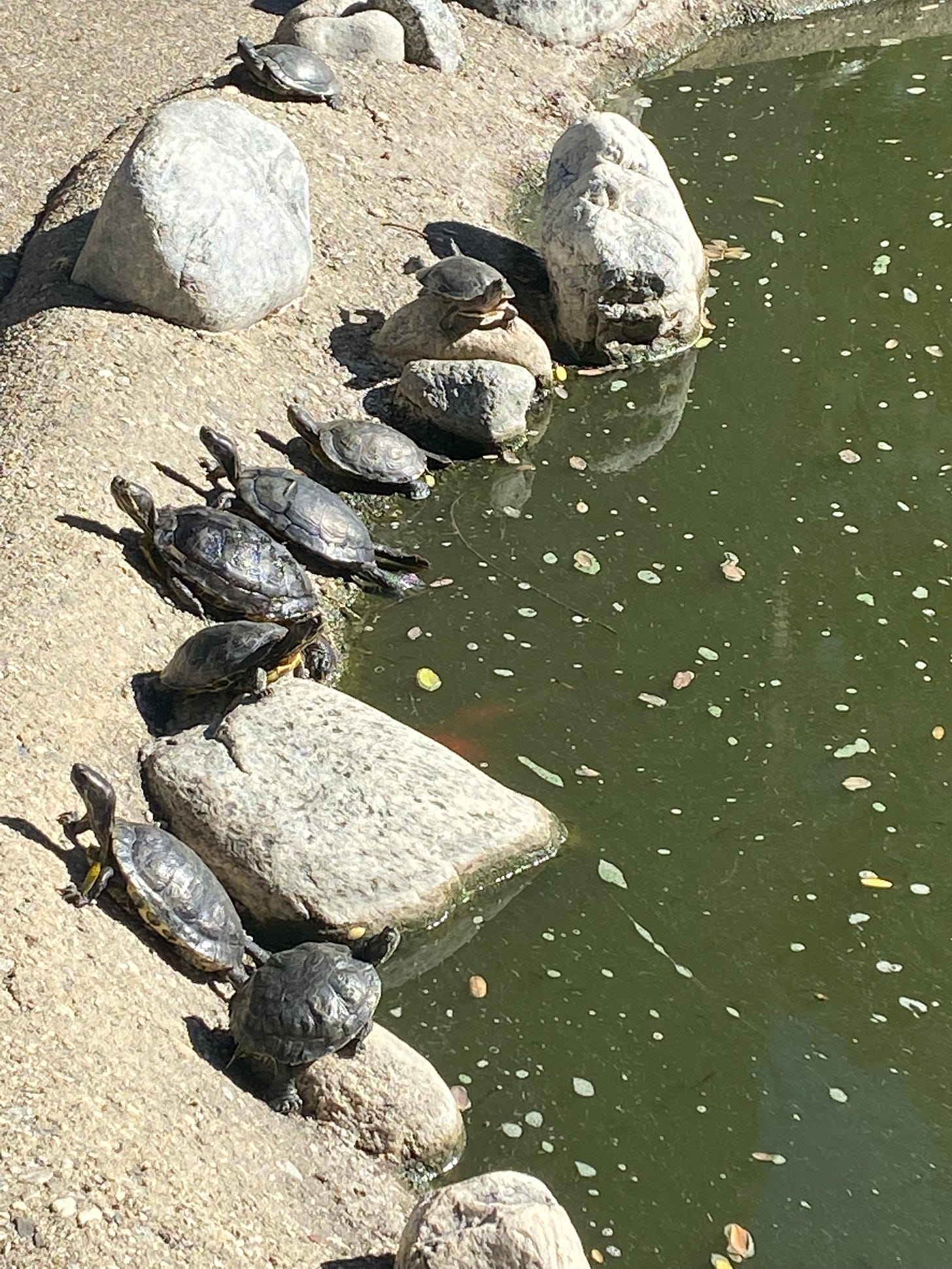Last week I joined thousands of other writers—aspiring, celebrated, midlist, debut—in Seattle at the annual Associated Writers and Writing Programs conference, which began in 1973 as a gathering of a few dozen writers and writing professors (that inaugural year, attendees met at the Library of Congress for six events, sixteen people presenting). Since then, the conference has become a roving literary lollapalooza, taking up residence in a different North American city’s convention center for several days, usually in March. Pre-pandemic, the conference is said to have hosted as many as 14,000 attendees.
I’ve been going to AWP on and off since 2008. That year it sprawled across a couple of large South Loop Chicago hotels. At the time I lived in nearby Evanston, Illinois, and taught first-year writing courses for Loyola University and DePaul University beginning in 2003. I’d been out of graduate school for ten years by 2008 and had been publishing a couple of short stories a year since 1999, but hadn’t yet managed to sell a book.
The AWP conference centerpiece is its enormous book fair, which features hundreds of publishers, independent booksellers, MFA programs, literary journals, and organizations such as the Authors Guild and the NEA, each entity renting a table and offering its goods and services during the conference’s span of Thursday morning through late Saturday afternoon.
In 2008, I remember feeling a mix of hangdoggery and defiance as I passed the tables of literary magazines that had been rejecting my work for years. I looked at the friendly faces of the people staffing these tables, many of them graduate students, and wondered if I’d ever get a story past these gatekeepers! Here I was, a college writing professor being rejected by the students I might conceivably have had in my classroom. Poetic justice!
But my outsideritis was a little less potent than it would ordinarily have been: I’d learned a couple of weeks earlier that a story of mine published in the New England Review the previous summer had been chosen for the Best American Short Stories anthology. If I hadn’t been armed with the news of this forthcoming publication, all the rejections of my past lined up before me in a big conference hall could have sent me into a protective crouch for at least a few days. One of the key truths I think any writer who plans to stick with this career should internalize is that persistence is probably as important—if not more so—than talent. The writers who prevail over the long-term are often the ones who simply refuse to give up.
This year as I prepared for AWP, I heard from friends who didn’t plan to attend. Some couldn’t afford to make the trip, which can be costly if you don’t have a job with a travel stipend. Others were concerned about covid. My friends who weren’t going were of two minds about AWP: it’s the biggest annual writing-related event for networking—unpleasant or dubious as many of us find this practice to be, and their FOMO (fear of missing out) was in conflict with their relief to be skipping the sensory overload and the manic energy of so many thousands of writers striving and hoping and despairing.
I’ve thought a lot about how writers have been exhorted more and more in the last several years by their inner voices, by other writers and agents and publishers to create a platform, a brand, a presence online. The exhortation to be visible, relevant, and engaged in what I see as a cross between self-promotion, community support, and literary one-upmanship is at a fever pitch with TikTok, Instagram, Facebook, Twitter, and Substack (I realize the irony…), along with author websites, all presenting potential pathways to notoriety, to book sales and solvency, if not also to outrageous profits, as well as to the love and admiration of readers, far and near. Some writers don’t crave these rewards, but many of us do, and if we hope to be published by a Big Five press, it seems important for many writers to be online and regularly posting to our pages.
Nonetheless, there are more than a handful of us who would say it’s exhausting, ennui-inducing, and in some cases, terror-inducing, to have to create, cultivate, and perpetuate an online persona.
What to do in the face of so much stress and unremunerated work, and ultimately, the unknown?
This is the conclusion I’ve drawn over the last few years, since moving to California where I’ve been learning to write for the screen, while juggling teaching jobs and continuing to write fiction: the work is what will endure, if anything we’ve produced will—not our tweets, not our Facebook, Instagram, or TikTok posts.
With that in mind, it seems most prudent (and sanity-protecting) to focus 90% of our energy on the words that go on the page and at most 10% on social media and self-promotion.
I’m not always good at following my own advice, but I really do think it’s the books we write and publish that are more likely to have staying power than our clever/funny/angry tweets.
As for AWP, if you don’t stare too long at the copies of the journals arrayed on the tables of the magazines that have made a habit of rejecting your work, it can be a damn good time. This year, the conference reminded me how much I love being with the friends I wouldn’t see, other than on a Zoom screen, if not for this conference.
Lastly, I think often, maybe every day, of the words of one of my college professors and erstwhile poet laureate of Maryland, Roland Flint: “The work is all.”





